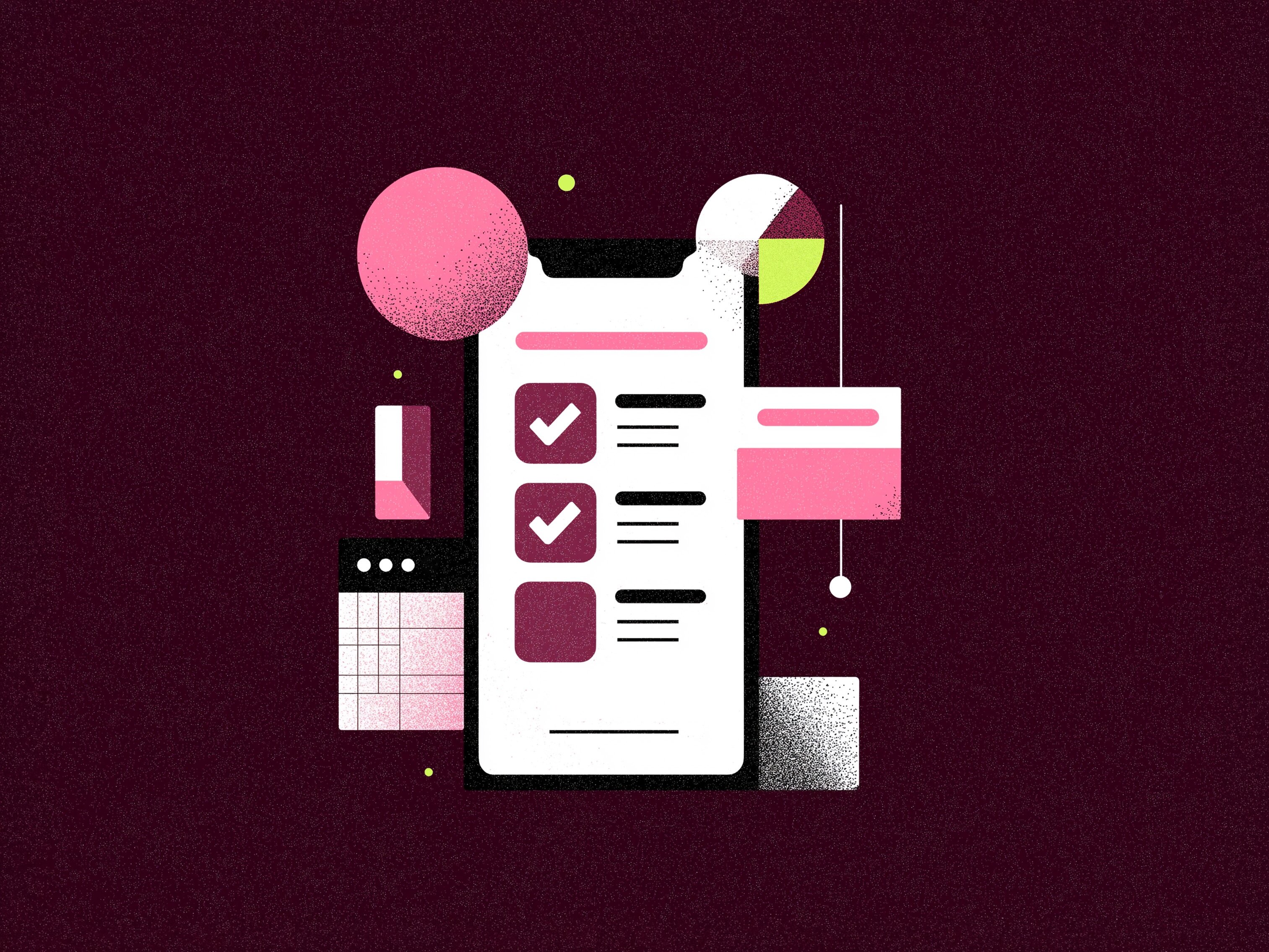Self-employed workers tend to be independent and have a strong work ethic. But that same passion and go-getter attitude can easily lead to overwork and burnout.
Struggling to take time off from work is common for freelancers, says Ashley Hamm, LPC, CCATP, a licensed professional counselor, and certified clinical anxiety treatment professional. “It’s really important for our mental health to have times of calm, soothing, and safety,” Hamm says. “We thrive when we feel secure and cared for: we take more risks, think more creatively, and better identify what we need to do to care for our health and wellness.”
Breaks should be part of your workday, but don’t forget to make time for longer periods of leisure, too. CNET reports that you should take one or two days off per quarter simply for the sake of mental wellness, while research published in The Journal of Happiness Studies suggests that full-blown, restorative vacations ought to last around eight days.
While it might not be realistic to plan an out-of-town getaway amid the ongoing pandemic, you should still feel empowered to set aside a week to relax, decompress, and have fun without feeling guilty or anxious about missing work. Hamm offers her best tips for making time off a meaningful part of your life.
Stop associating work with self-worth.
Many contract workers link taking time off with losing money. Acknowledging all the meaning you’ve invested in work may help you reevaluate your priorities. “You could say to yourself, ‘I'm really worried that if I don't answer this email, the client will quit and I'll lose money, plus I'll feel like a failure,’” Hamm offers. Facing that concern head-on may help you put it in perspective (putting off one email for a day probably won’t lead to financial ruin).
Reframe “rest” as an investment.
Taking an hour or two every day to unwind or a long weekend to decompress shouldn’t be considered idle time. You’re actually making a choice to care for your long-term health and well-being. Plus, scheduling breaks into your regular working life will allow you the necessary time and space to recharge, which, in turn, affords you the energy needed to create high-caliber work later on.
Consider cash flow.
Start putting money specifically toward a “time off fund.” By making a vacation part of your regular budget, you’ll stop thinking of time off as splurge and start viewing it as a well-deserved reward for your work. NerdWallet even has a handy calculator to determine how much you should set aside every month.
Give clients plenty of notice.
Two to four weeks before you log off, tell your clients about your plans. Tackle any timely projects before you go “out of office” and keep track of remaining work for when you return. Hamm adds that it may be in your interest to point clients toward other resources or people they can consult while you’re unreachable so that they don’t feel as if their needs are going unmet. You’re still providing them with support, which should ensure that you come back to a happy client ready to continue your relationship.
Stick to your out of office.
Put away your laptop, leave your home office or work area, set an automatic reply on email, and disable notifications on your devices. “Boundaries only work if we show people we are willing to stick to them,” Hamm says. Don’t view your time off as merely time spent not working. Cook or order your favorite meal, hike or visit a nearby park, or enjoy a restorative staycation at home. “I think we are challenged to get a little creative about how we enjoy ourselves these days, but it’s important that we recognize that it’s still possible and really great for our mental health to set aside time for leisure and relaxation,” Hamm says.
Think about your future self.
“Imagine you are the star of a movie about your work-life. How does this movie end if we fast forward a week, month, or year?” Hamm asks. “It may not feel like a big deal to work through this weekend, but what is the cost to your health—mentally and physically—if you work through every weekend?” Even if working hard is the focal point of your memories, it shouldn’t be the only thing you have to look back on. Consider everything in your personal life that makes you happy—perhaps your partner, friends, pet, hobbies, family—these things need to be nurtured and cultivated in the same way that your career does. Otherwise, you might not have much about them to recall later on.
Wingspan makes getting paid on time a breeze with its streamlined invoicing system, freeing up more time for you to take a well-earned break. Sign up for a 30-day free trial here.
You Might Also Like:
How 3 Freelancers Found Meaning and Purpose in Their Work



.jpg)
